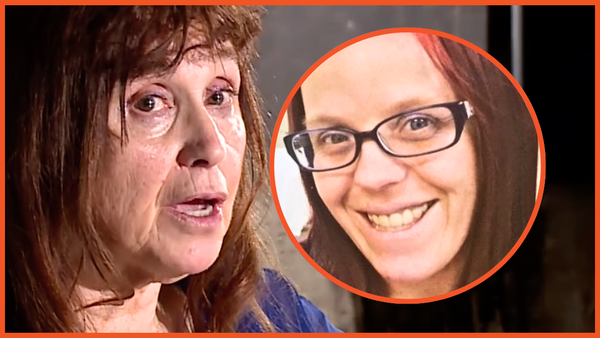Transgender women will be banned from single-sex public spaces under new guidance to be published by the UK’s equalities watchdog, reports say.
The Equality and Human Rights Commission (EHRC) is set to submit its statutory guidance to ministers this month in response to the UK Supreme Court’s unanimous ruling that trans women are not legally women under the Equality Act.
The new guidance appears to be similar to its interim guidance issued in the wake of the ruling, which has been criticised by trans rights campaigners as discriminatory and has seen legal challenges launched against it.
According to The Times, the guidance will mean trans women will be banned from spaces such as women’s toilets and changing rooms.
It will apply to any organisation that provides a service to the public, including schools, shops, hospitals, prisons, leisure centres and government departments.
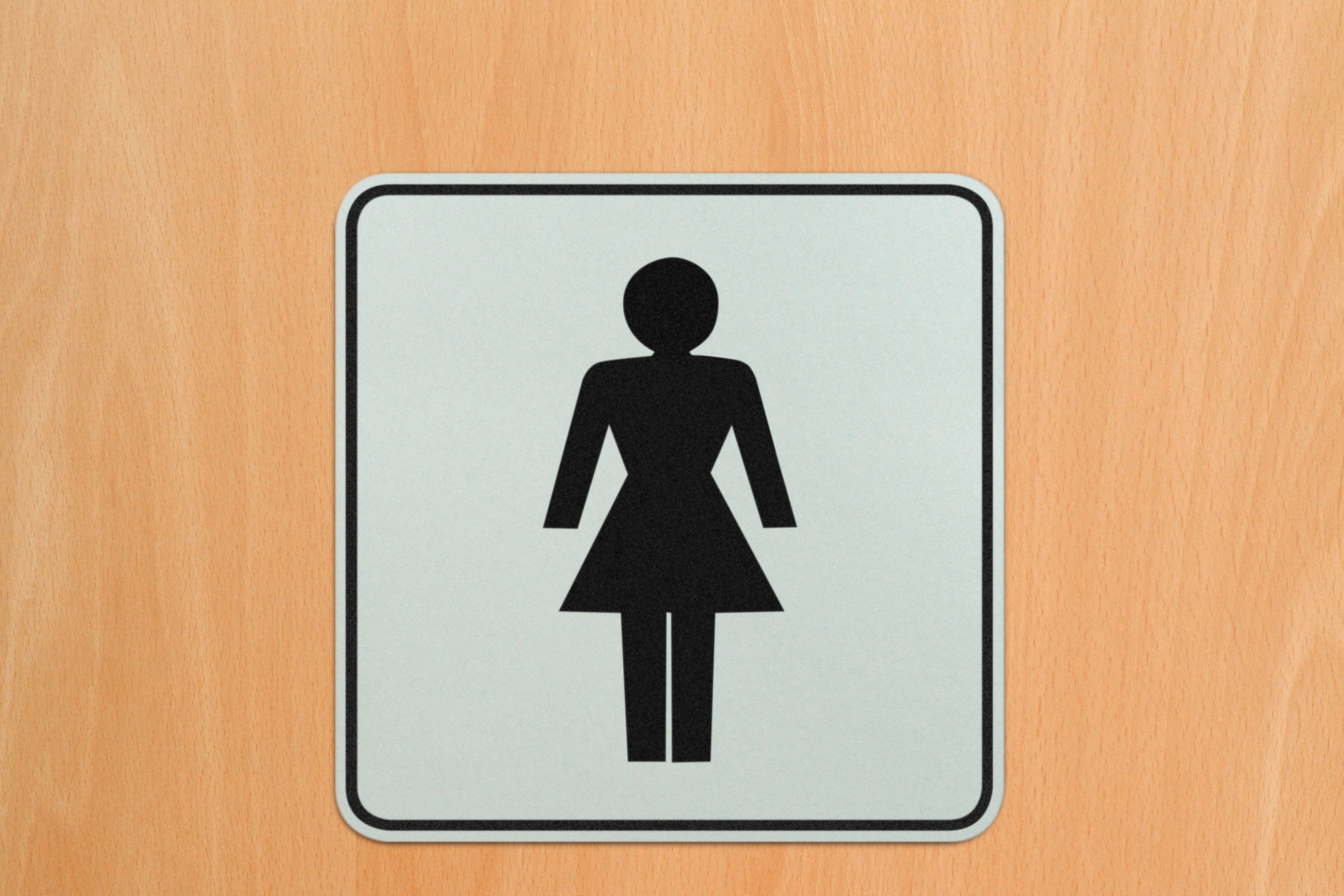
Private organisations or charities will also be subject to the guidance if they are providing a public service, and it is also reported that it will say transgender people can be excluded from single-sex sporting competitions.
In a published statement John Kirkpatrick, chief executive of the Equality and Human Rights Commission, said the organisation “has not yet” decided on changes to the draft guidance and is still in the process of analysing draft responses.
The guidance will be submitted to Bridget Phillipson, the women and equalities minister, who will approve it if she deems it to be in line with the law, before putting it before parliament.
Trans rights campaigners have criticised the EHRC for its handling of the ruling, with legal challenges brought against the watchdog over its interpretation of the law.
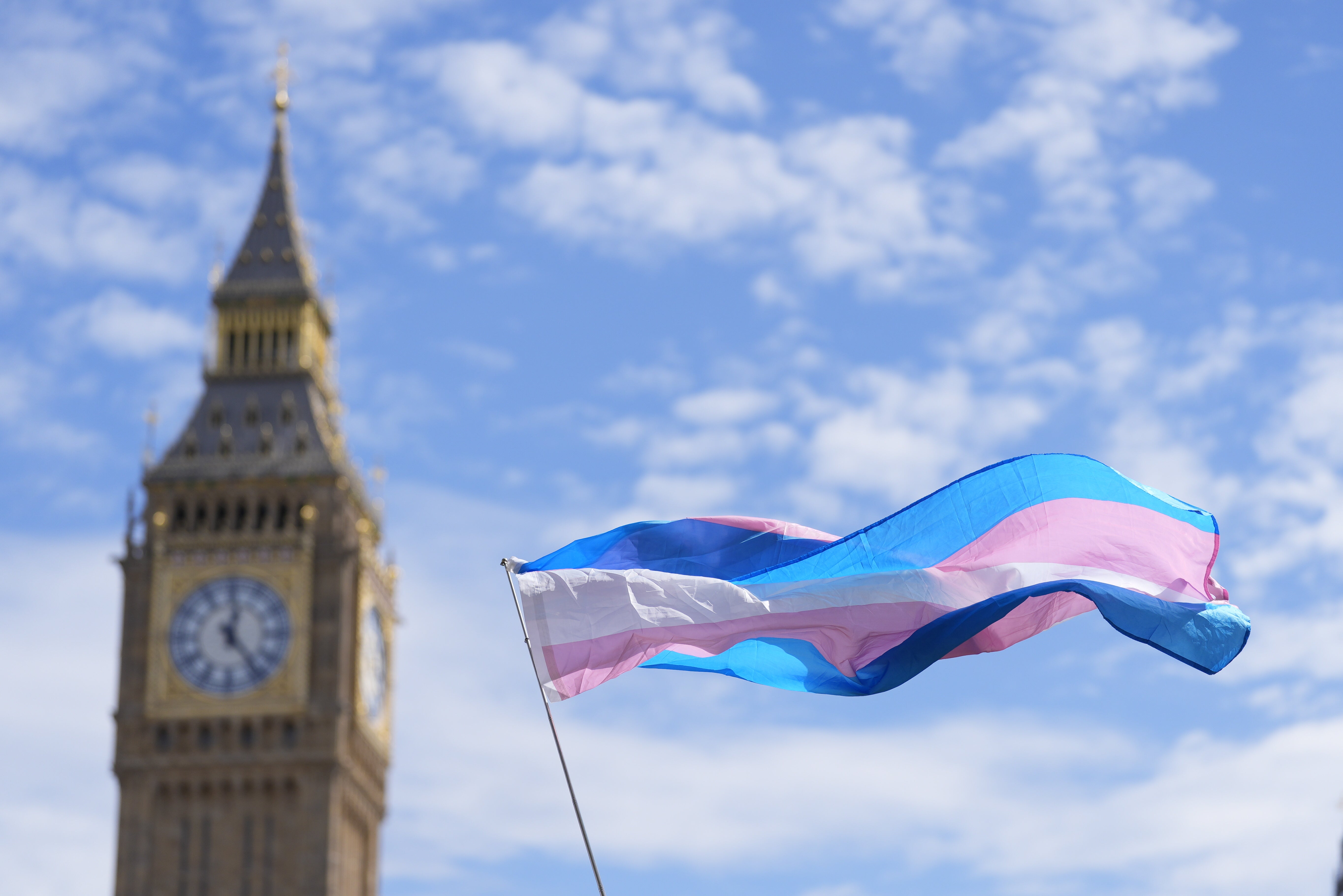
Cleo Madeleine, from campaign group Gendered Intelligence, said if the reports are accurate it suggests the EHRC has abandoned its commitment to equality and human rights and “endorses harassment and exclusion of anyone who doesn't fit in”.
“The proposal seems to be that anyone can be shut out from toilets and changing rooms at any time unless they carry their birth certificate,” she said.
“We've had many reports of trans people being excluded over the past few months, but also reports from cisgender women who have been thrown out of services and spaces because they were tall or had short hair. Ultimately, this hurts everyone.
“But fortunately, it's also unenforceable. There is no toilet police and it is not a crime to use the services and spaces appropriate to your gender.”
She added: “We appeal now to the minister for equalities to remember the reason for her office, and to uphold the rights and protections of transgender people with compassion and calm.”
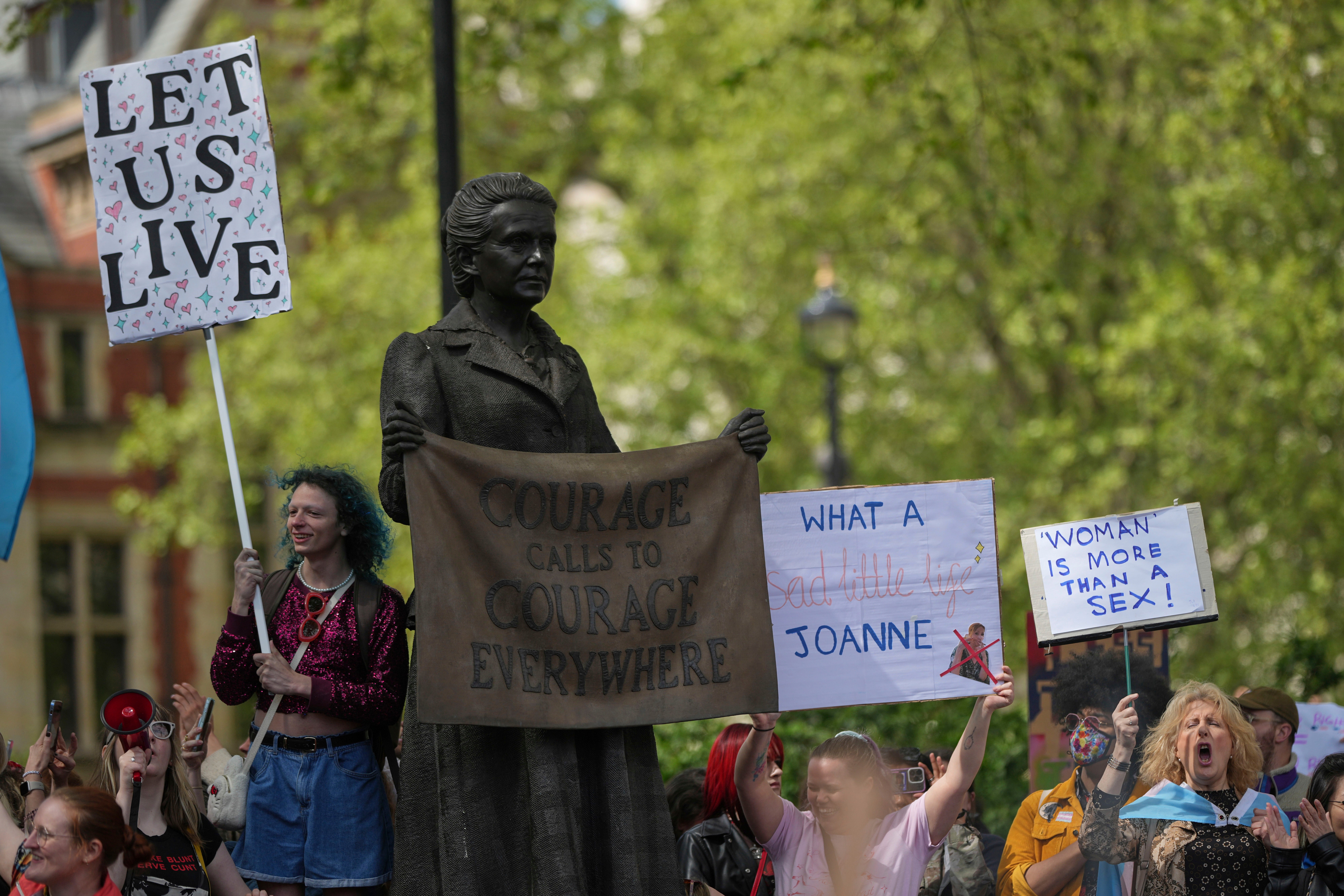
A Stonewall spokesperson said that while trans people are and will remain protected from discrimination and harassment under the law, the draft guidance “takes the position of justifying exclusion rather than inclusion of trans people as its starting point”.
“It risks creating a hierarchy of rights and a tiering of safety concerns, which are counter to the intentions behind the Equality Act 2010,” the spokesperson said. “The EHRC has received over 50,000 responses to its consultation from businesses, organisations and individuals raising wide ranging and complicated issues including compatibility of the draft guidance with other existing pieces of legislation which will need to be addressed.”
The Good Law Project is one group that has launched legal action against the EHRC, arguing the guidance “goes far beyond” what the For Women Scotland judgment requires.
It argues: “It amounts to a bathroom ban for trans people, violating people’s right to privacy in their everyday lives.”
Following reports detailing the watchdog’s updated guidance, the Good Law Project executive director, Jo Maugham, said: "The EHRC's guidance is subject to legal challenge – a hearing is scheduled for later this year – and a court will decide whether it is compatible with the Equality Act.
“Given the evident hostility of the guidance to the rights and dignities of trans people we are confident the commission will lose."
Campaigners have also criticised the EHRC’s consultation process, questioning how 50,000 responses could have been analysed so quickly.
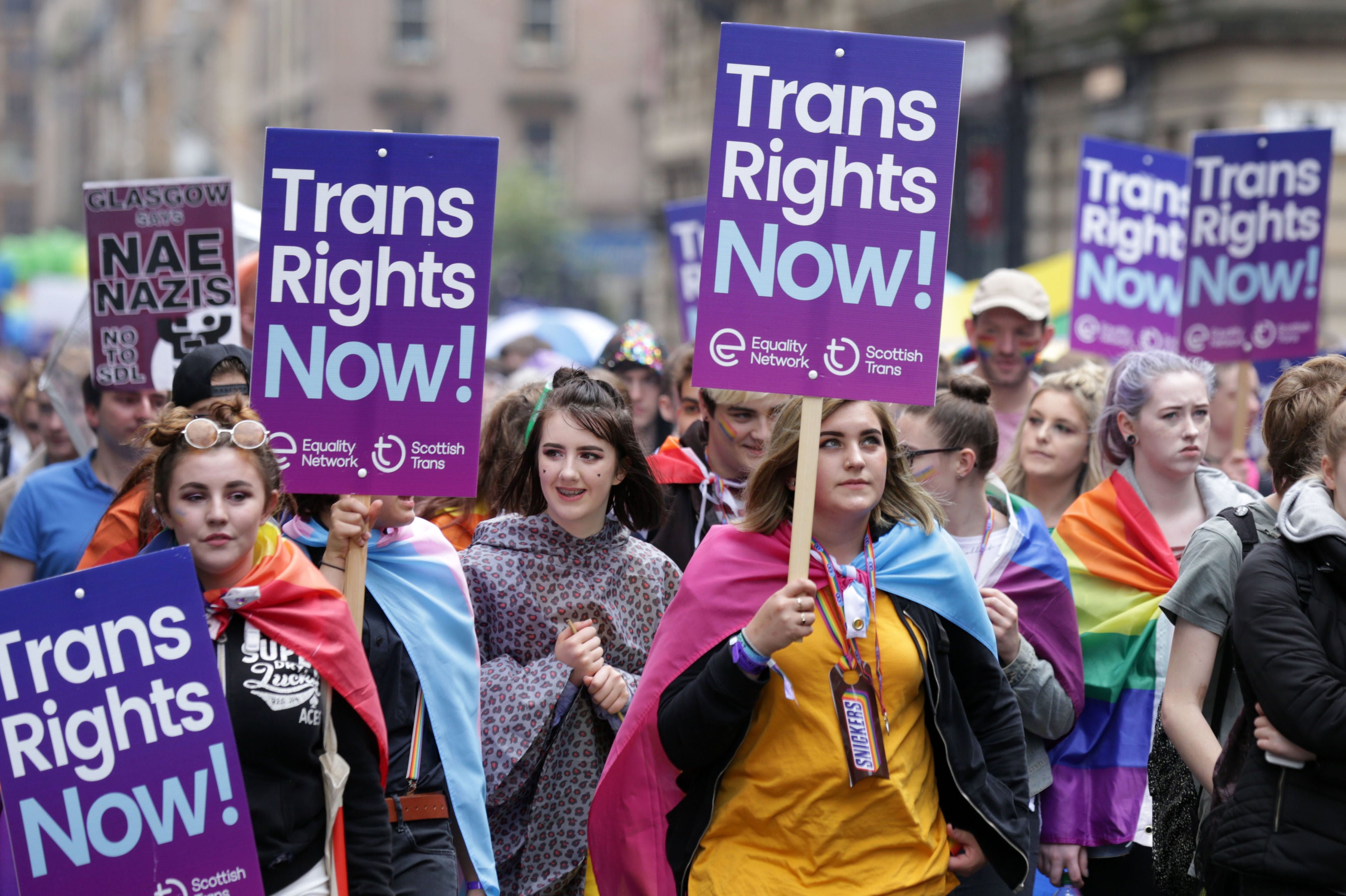
The Good Law Project also wrote to the EHRC, accusing them of “ignoring” transgender people’s views as it used artificial intelligence to categorise the replies.
A spokesperson for the EHRC told The Independent: “We are using a combination of approaches to analyse the responses received to our consultation. With more than 50,000 responses received, we have commissioned an external supplier to support us in analysing them. Our approach will involve supervised use of AI alongside our expert legal assessment to ensure a balance of robustness, accuracy and speed, including promoting consistency and helping to avoid bias in managing this scale of responses."
The Times reported the guidance, which is still being finalised, will not say services must provide single-sex spaces, but that if they do, they must only be used by biological women.
It will also reportedly allow services to request birth certificates and make inquiries about a person’s birth sex, but this could be discriminatory if not handled in a sensitive way.
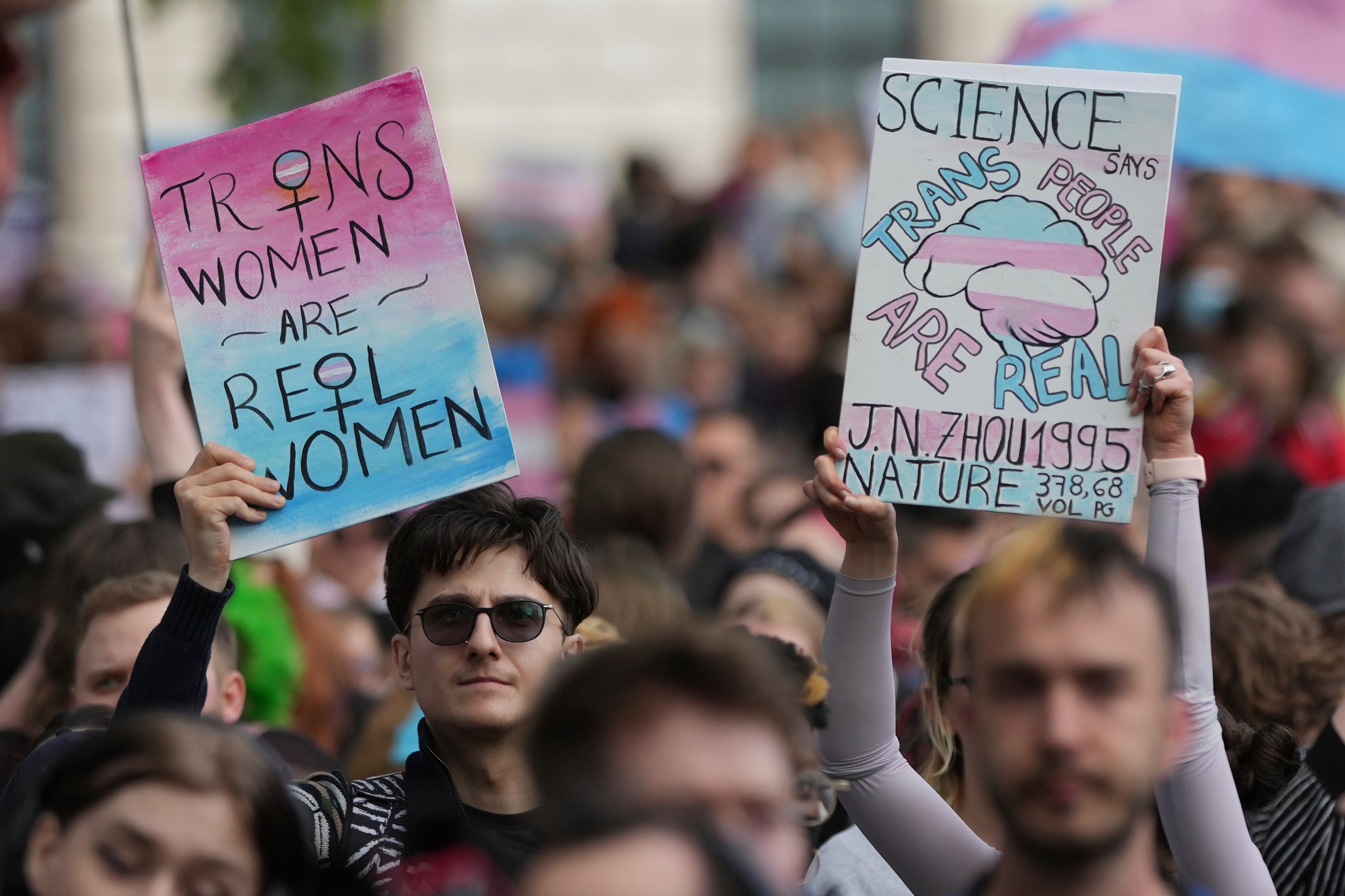
The guidance will also say services need to consider if there is an alternative for trans people to use, and that, in cases such as toilets, it would not be proportionate to leave a trans person with no facilities.
An EHRC spokesperson said: “The code of practice has not yet been finalised. We received an extremely high volume of responses to the consultation and are grateful to everyone who shared their feedback.
“To ensure we give these responses the consideration they merit, we are working at pace to analyse them and are amending the draft code of practice text where necessary to make it as clear and helpful as possible.
“But our code will remain consistent with the law as set out by the Supreme Court.”
Attorney says heart device did not shock Tennessee man in execution who said he was 'hurting so bad'
Trump orders colleges to prove they don't consider race in admissions
Administration asks Supreme Court to lift restrictions on Southern California immigration stops
James Carville says Democrats need a radical plan to ‘save democracy’
Ireland intends to pass trade ban with Israeli settlements amid US pressure
Council leader concerned protests could be ‘hijacked by agitators’



